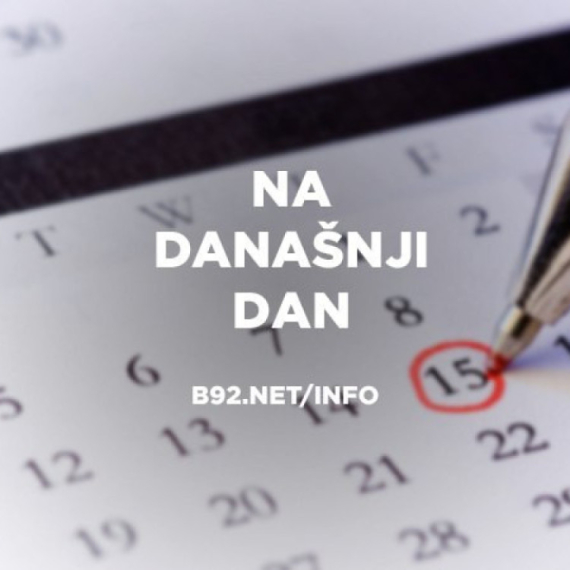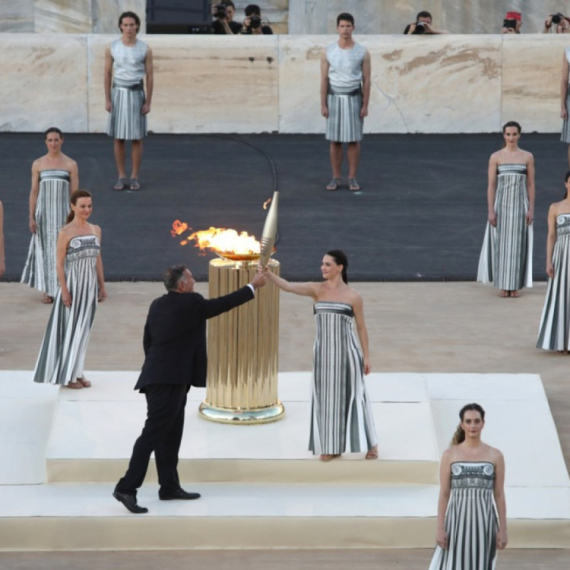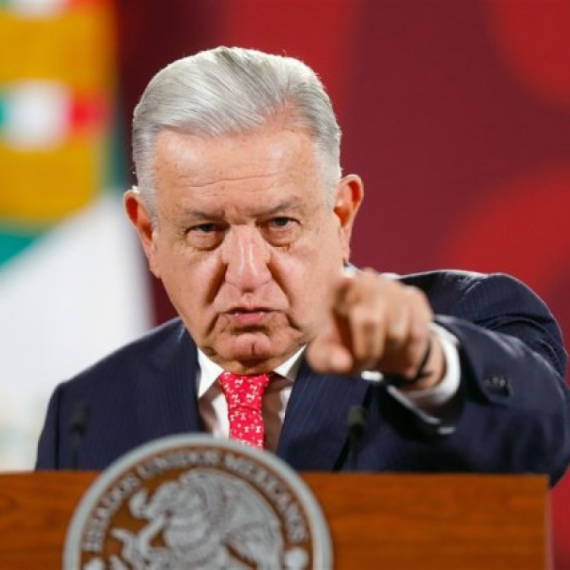EU leaders agree on 2012 budget
Representatives of the EU 27 governments in Brussels Saturday agreed to a budget for 2012, raising spending by two percent over the previous year to EUR 129bn.
Saturday, 19.11.2011.
14:49

Representatives of the EU 27 governments in Brussels Saturday agreed to a budget for 2012, raising spending by two percent over the previous year to EUR 129bn. "The agreement was reached unanimously," said Polish Finance Under-Secretary of State Jacek Dominik. Poland holds the rotating EU presidency. EU leaders agree on 2012 budget EU countries held a marathon meeting on Friday that lasted into the early hours of Saturday. The spending increase was below EU inflation, which was measured at 3.4 percent in October. The agreement is short of the amount requested by the European Parliament, which sought EUR 133bn, or an increase of 5.2 percent over 2011 spending. Without the European Parliament's approval, the budget cannot pass. "What sort of signal would Europe send to markets and 500 million Europeans if we don't manage to agree on our common budget," EU's Polish Budget Commissioner Janusz Lewandowski warned the parties ahead of the long night of negotiations. Member states have sought to walk a careful line between austerity and spending to boost economic growth. The European Parliament is typically more in favor of higher spending than the member states, which ultimately have to foot the bill. Britain, the Netherlands, Austria, Finland, Denmark and Sweden in particular said the parliament had asked for too much money. Looming negotiations among the parliament and the member nations will be set against the backdrop of increasing austerity in Europe. As more countries cut their budgets, government are likely to try to reduce how much they send the EU.
EU leaders agree on 2012 budget
EU countries held a marathon meeting on Friday that lasted into the early hours of Saturday.The spending increase was below EU inflation, which was measured at 3.4 percent in October.
The agreement is short of the amount requested by the European Parliament, which sought EUR 133bn, or an increase of 5.2 percent over 2011 spending. Without the European Parliament's approval, the budget cannot pass.
"What sort of signal would Europe send to markets and 500 million Europeans if we don't manage to agree on our common budget," EU's Polish Budget Commissioner Janusz Lewandowski warned the parties ahead of the long night of negotiations.
Member states have sought to walk a careful line between austerity and spending to boost economic growth. The European Parliament is typically more in favor of higher spending than the member states, which ultimately have to foot the bill.
Britain, the Netherlands, Austria, Finland, Denmark and Sweden in particular said the parliament had asked for too much money.
Looming negotiations among the parliament and the member nations will be set against the backdrop of increasing austerity in Europe. As more countries cut their budgets, government are likely to try to reduce how much they send the EU.
















Komentari 2
Pogledaj komentare